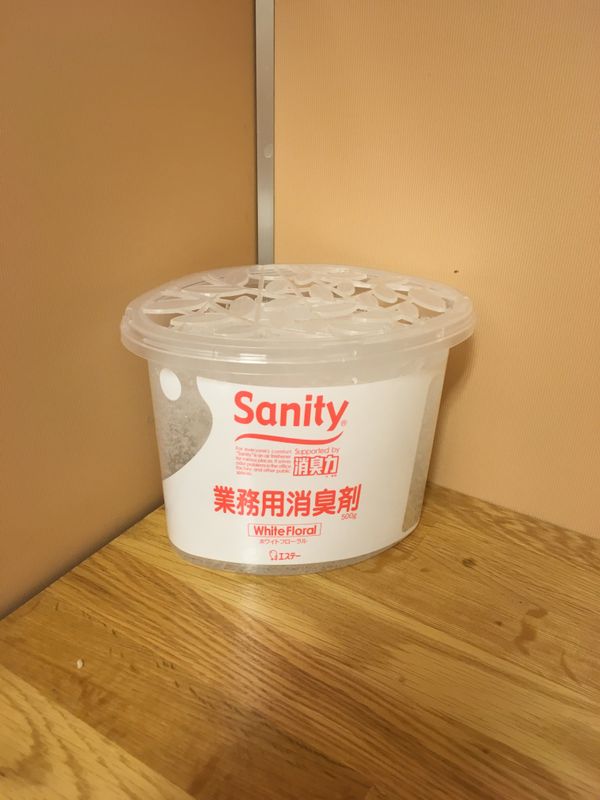Oct 20, 2018
Omote-NOT-shi
Let’s talk about a problem that's dear to my heart. Something that the veteran expats hear a lot and sometimes even contribute to.
I speak, of course of the „the teller in the supermarket switched to English when I clearly spoke to them in Japanese “conundrum.
Now, we have both sides of the story to consider here. You get into your local supermarket, the teller mumbles something unintelligible, you ask them to repeat themselves in exquisitely perfect Japanese, and the teller looks up with panic in their eyes and says, “You want bag?”
And depending on your mood that day, you either brush it off, slightly annoyed or you start seeing red and have to fight the urge to yell at the teller (again, in your perfect Japanese) that you have been living in this country probably for longer than they’ve been alive. That your struggles in this country rival that of the average rice farmer during the Great Tenmei famine. That you have not been living in this country for decades just so that this “child” could look down on you like you just stepped off the plane looking for the nearest rickshaw to Akihabara. It’s enough to doubt your sanity.

We can chalk this up to many things. Ignorance, lack of communication, fear of the unknown, etc. And sure, this is true for most countries where foreigners look distinctly different than the locals (for the most part), so assumptions that you are a tourist aren’t completely unfounded.
There’s this term that keeps cropping up. Omotenashi. The idea of treating your guests with a great sense of hospitality. That you should treat them with the utmost respect and make them feel like they are the most important person in the room. Or something like that. And the teller might feel the need to “come down to your level” and speak to you in English, the de facto language of the world.
Here is where the assumptions often break down. When it comes to people who have lived here for many, many years, they don’t appreciate being treated like perpetual guests.
But then you get the actual tourists who are, by definition, guests who expect (nay, demand) being treated like kings and queens, not only by Japan’s standards, but also in their own language as well.
I’ve been listening to Hank Green (link) a lot recently and his idea of giving strangers a “thumbs up” while jogging made me think about omotenashi. It struck me as a kind of primitive communication method that we can use to ward off this moldy feeling of disgust every time someone assumes we don’t speak the language or don’t understand something we have done a million times before.
I don’t want to fight it anymore. I want to turn omotenashi on its head and give a “thumbs up” of my own.
I’ll start by actively giving the toothless old guy I met in the train station my best personality when he says “Welcome to Japan” at the train station (EVEN when I’m trying to listen to my music).
I am going to feign pleasant surprise next time some kid tries to ask me where I am from (despite the disappointment when they hear I’m not from America). And most importantly, I am going to stop being so damn sarcastic all the time when these nice, normal people show interest in me (there are limits of course).
My goal is to cultivate my own omotenashi. Become the host of my own little world where I treat these people like the lucky 10.000, with international communication.
This is a social problem in Japan because we are also part of Japan (despite what the government says). We are shaping the community every day, every year whether we know it or not. Sure, it’s a drop in the ocean, but the ocean is made of billions of drops.
I say I hate this kind of interaction with the fury of a thousand suns, but in honesty, it’s only on the days when I am already deflated from work or other duties. And maybe that means I shouldn’t be working overtime as much or fill my schedule to the brim with activities that don’t actually make me happier.
If I can’t cultivate my own omotenashi, then how am I to survive here?



0 Comments